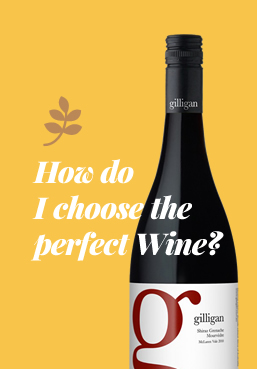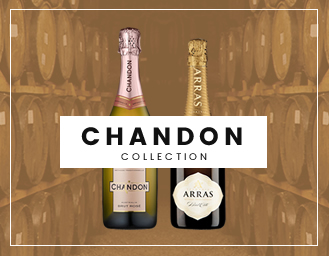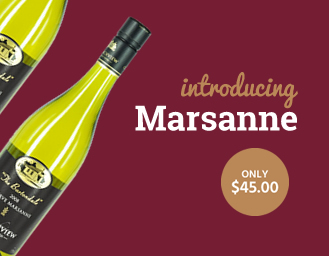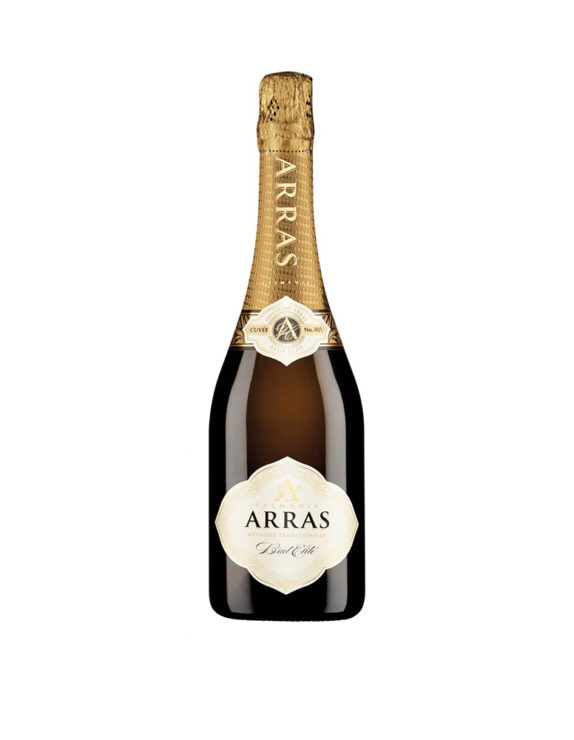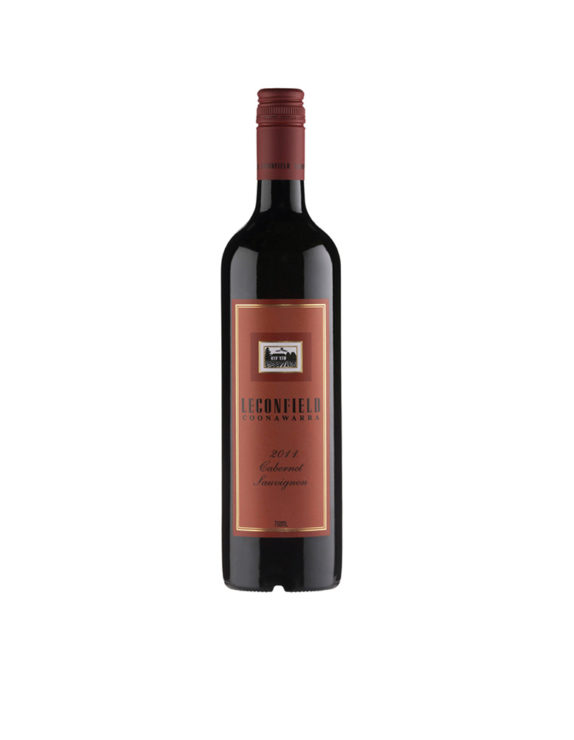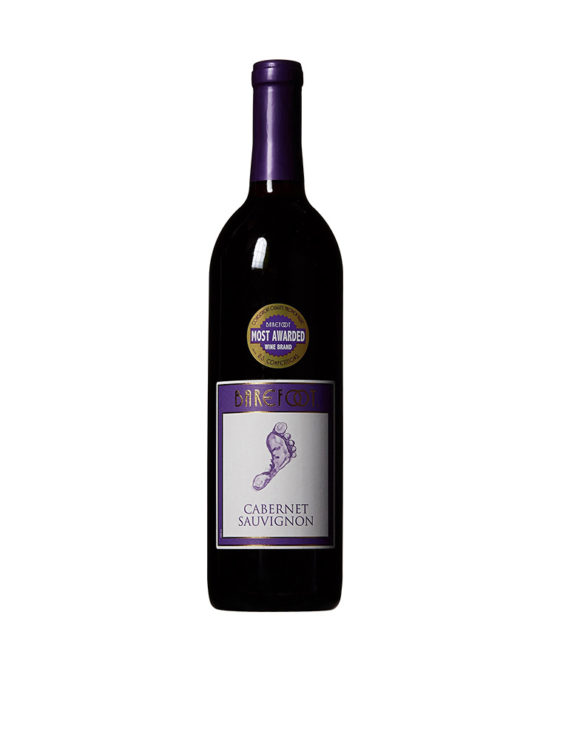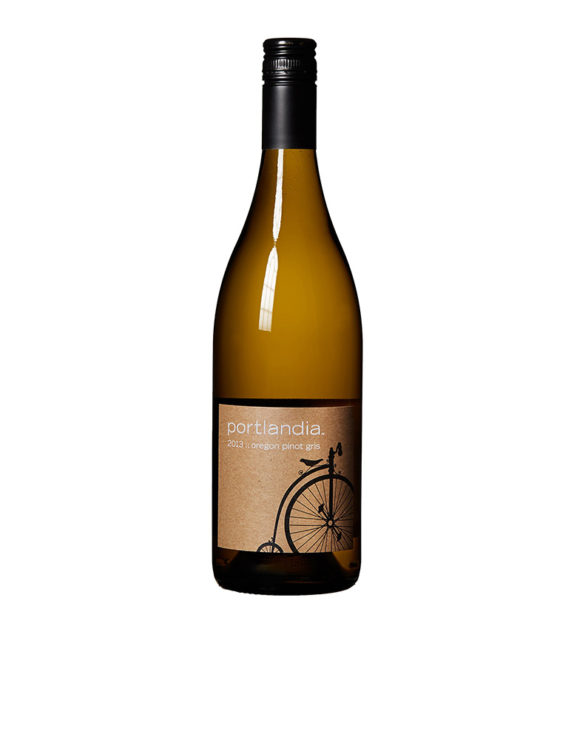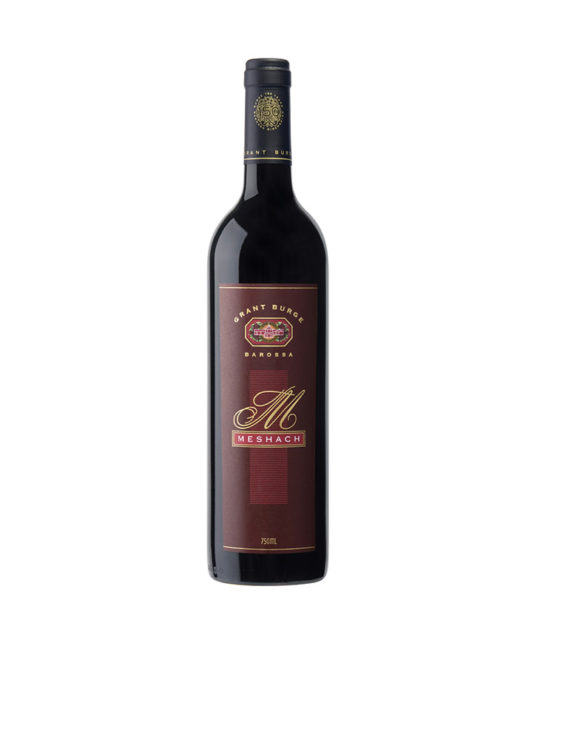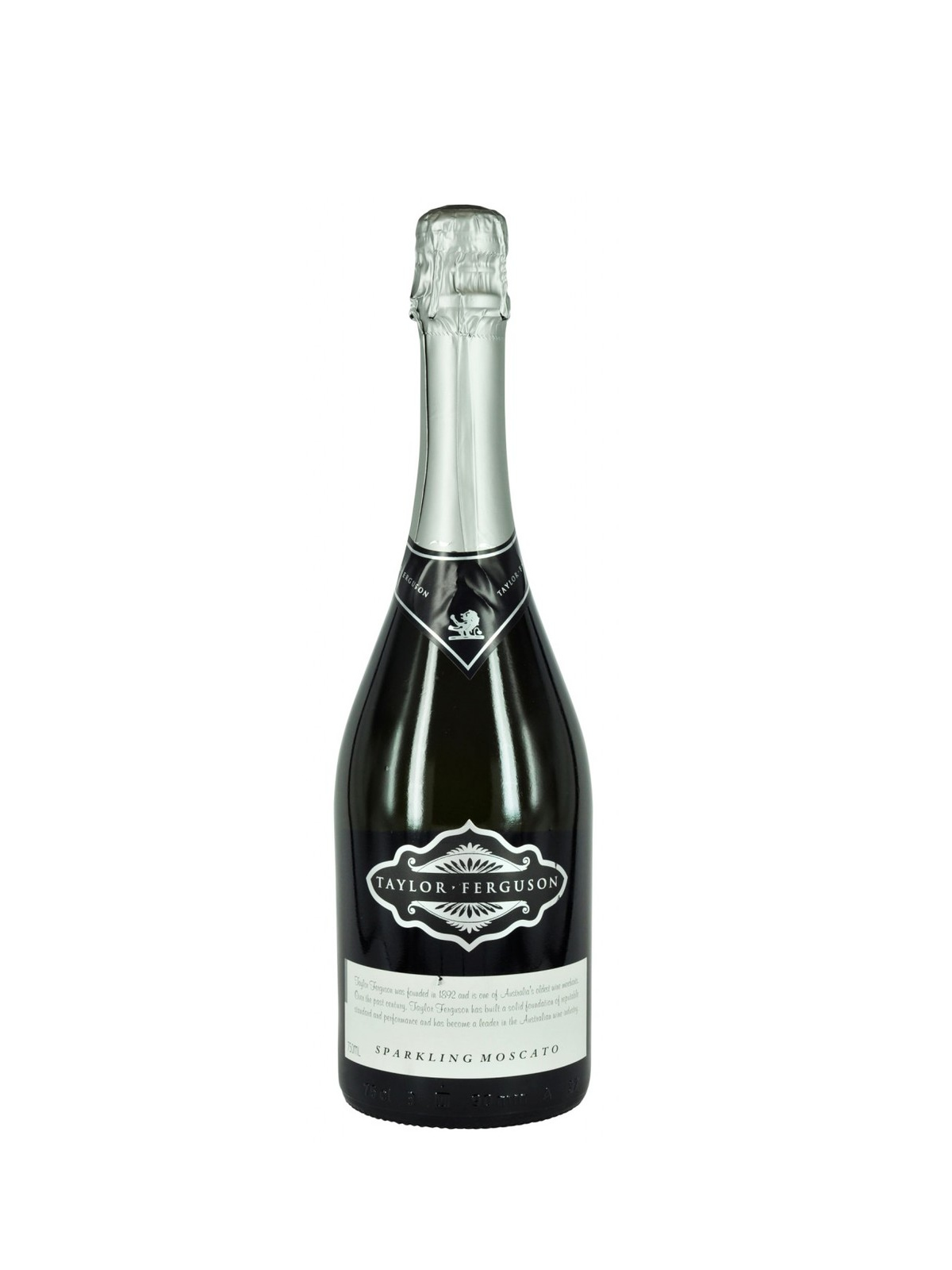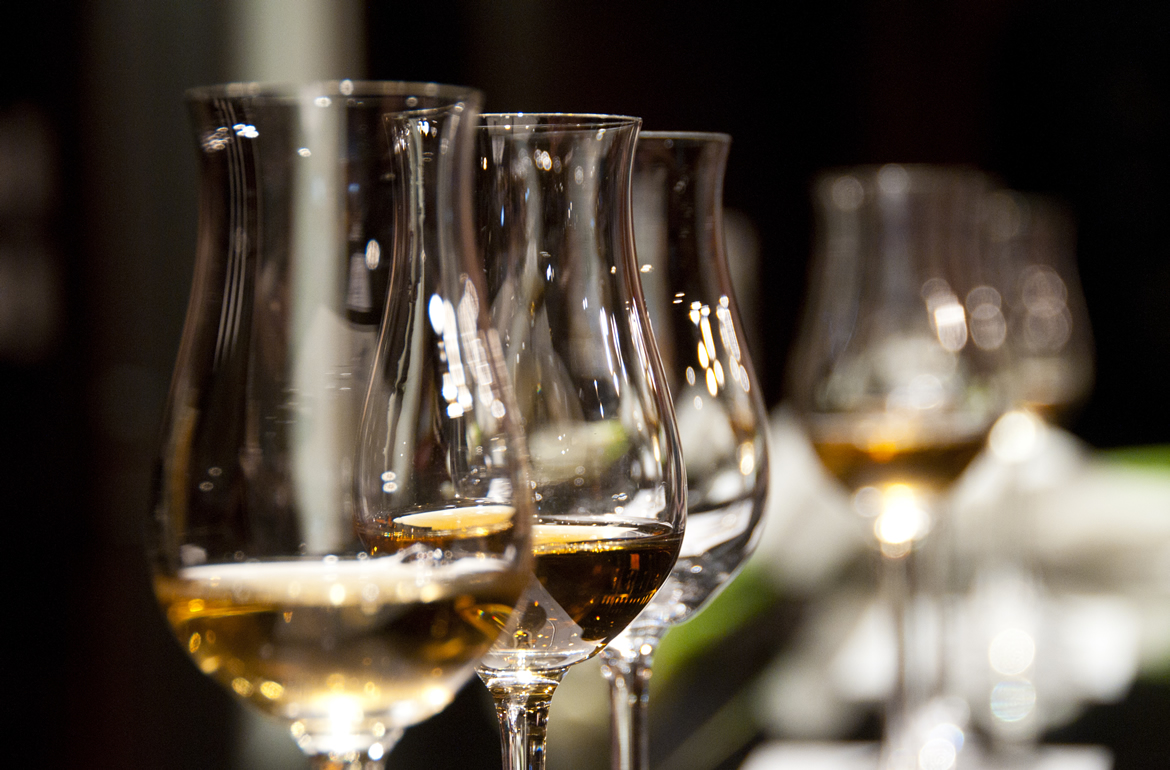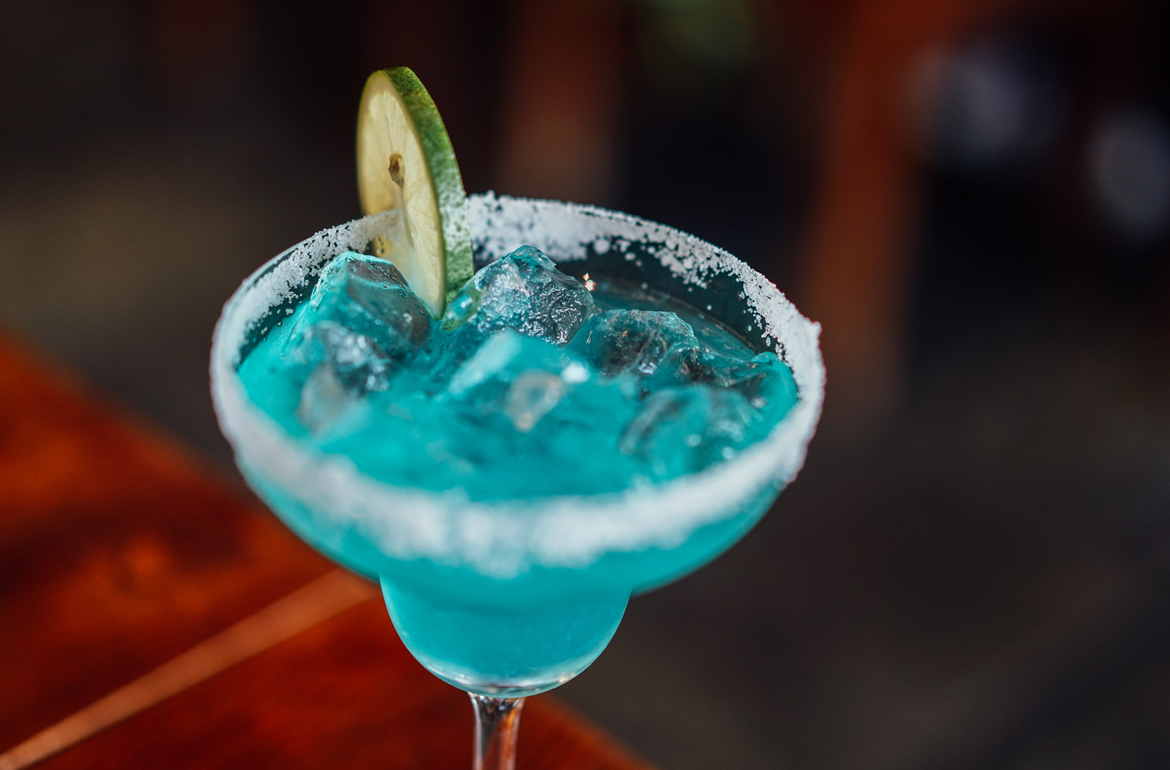Sometimes it’s hard to buy into wine descriptors. The flavors are explosive in this dense, firm and pure red, with expansive roasted game meat, herb, espresso, hot brick, black tea and mocha notes. Really? How is it humanly possible to detect all these flavors? All I’m getting on my palate is grapes. And what exactly is a “hot brick” anyway, and why would anyone try to eat one?
If that’s what you’re thinking every time you observe someone swirling, sniffing and spitting with aggressive fanfare, you’re not alone. Studies have shown that even industry experts sometimes can’t tell the difference between a red wine and a white one, much less a Riesling from a Gewürztraminer. Your sense of taste is actually the weakest of the five, largely aided by your senses of smell and sight (there’s a reason why green ketchup failed). Megan Mullally’s character Lydia, in the awesome but short-lived show Party Down, may have been close to the truth when she sipped a glass of red and ventured, “I’m tasting sticks … and rope?”
So are wine notes simply a delicious case of the emperor’s new clothes? Well, not quite. While it may be admittedly whimsical to use adjectives like “chive flower” or “saddle leather,” wine notes are not meant to be taken precisely. Heed them with a grain of salt. One taster might identify “earth,” while another will pick up “shiitake mushroom,” but what they both mean is this wine’s a bit musky. And that’s something you might detect as well, only you’re not sure how to describe what you’re tasting. Wine critics do tend to wax poetic, but the underlying truth is there. The difference between a Pinot Noir and a Petite Sirah is readily apparent, and you’re likely to pick up on that yourself after some practice.
Think of it this way: When you learn a new language, it’s difficult to express or understand nuance. Your communication is limited to your rudimentary vocabulary, and it can be frustrating to figure out what someone is really saying to you. But as your exposure to the language expands and your experience grows, you build up a vocabulary and things become clearer, more precise. Over time, it becomes easier to sort out the subtleties.











